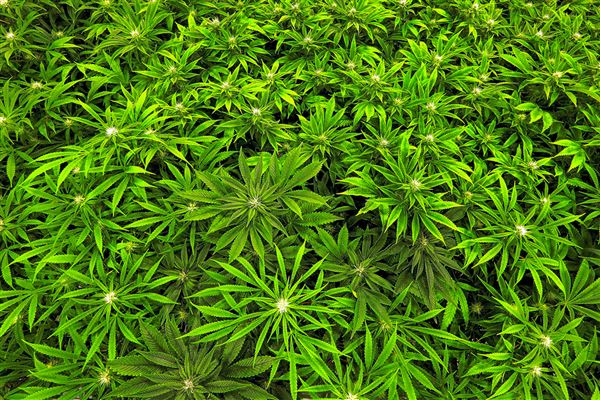Massachusetts cannabis market

On December 28, 2016, the Massachusetts state legislature voted to delay sales of recreational marijuana for six months. Originally, licensing for cannabis shops was set to begin on January 1, 2018, under the measure, but the delay set by legislators moved the date to July 1, 2018. Legislators cited needing more time to tinker with the measure as the reason for enacting the delay. Personal use, possession, and cultivation of marijuana all became legal on December 15, 2016.
Massachusetts cannabis market only in recreational part is expected to become a $1.17 billion industry by 2020. Research from multiple marijuana data and investment firms predict Massachusetts can become such a travel destination. If correct, an influx of tourists to Massachusetts can expand the economic impact of this legislation far beyond simply the marijuana industry.
The Department of Revenue estimates that the legalized recreational cannabis market could produce an estimated $64 million in tax revenue in the first year alone. The figure was mid-range given to the Committee on Marijuana Policy, a Legislative group compiled to analyze the state’s emerging recreational cannabis market.
According to the Department of Revenue analysis, in the first 12 months of the program, Massachusetts could expect to see between $45 million and $83 million in tax revenue from the sale of recreational cannabis – with an estimated $64 million in the middle of that range. In the second year, Massachusetts could expect tax revenue between $93 million and $172 million, on sales ranging between $707 million and $1.3 billion.
Those figures stem from the local 6.25 sales tax, a 3.75 percent excise tax imposed on cannabis and include an optional 2 percent local option sales tax.
However, taxes on recreational cannabis products could be as high as 28 percent under a bill about to be taken up by the Massachusetts House, according to a draft copy of the legislation obtained by WBUR. The proposed changes increase the overall tax up to 28 percent, boosting the excise tax to 16.75 percent and allowing communities to impose a local tax of 5 percent. Medical cannabis would not be subject to the tax.

420 Intel is Your Source for Marijuana News
420 Intel Canada is your leading news source for the Canadian cannabis industry. Get the latest updates on Canadian cannabis stocks and developments on how Canada continues to be a major player in the worldwide recreational and medical cannabis industry.
420 Intel Canada is the Canadian Industry news outlet that will keep you updated on how these Canadian developments in recreational and medical marijuana will impact the country and the world. Our commitment is to bring you the most important cannabis news stories from across Canada every day of the week.
Marijuana industry news is a constant endeavor with new developments each day. For marijuana news across the True North, 420 Intel Canada promises to bring you quality, Canadian, cannabis industry news.
You can get 420 Intel news delivered directly to your inbox by signing up for our daily marijuana news, ensuring you’re always kept up to date on the ever-changing cannabis industry. To stay even better informed about marijuana legalization news follow us on Twitter, Facebook and LinkedIn.




